German advanced air mobility developer Lilium has begun producing battery packs designed to power its electric vertical take-off and landing (eVTOL) jet on its first piloted flight, scheduled for the end of this year.
“This latest milestone represents a landmark in the development of the Lilium Jet and follows extensive testing of battery pack subcomponents from individual cell to stack level with a focus on performance, safety and regulatory conformity,” the Munich-based company said on 16 April.
The lithium-ion cell battery packs with silicon-dominant anodes will “allow for higher energy, power, and fast-charging capabilities than graphite anode cells”, Lilium adds. They will meet European Union Aviation Safety Agency safety standards for shock resistance, heat resistance, containment, and redundancy.
The battery packs will be produced at Lilium’s factory in Wessling, west of Munich.
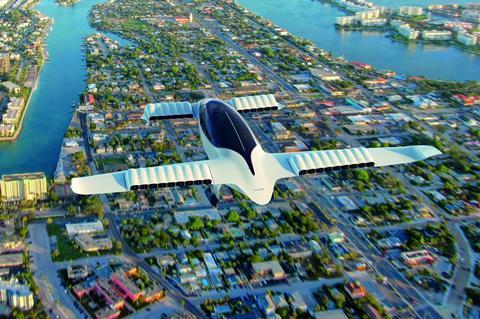
“The start of production of the battery packs is a proud moment for Lilium,” Yves Yemsi, the company’s chief operating officer, says. “Battery technology is central to the goal of delivering sustainable regional air mobility, including overcoming the challenges of developing and industrialising a battery pack that will meet the stringent safety standards of aircraft certification.”
The first batteries off the production line will be used for verification testing, ahead of the maiden piloted flight. ”Each Lilium Jet aircraft will be equipped with ten independently-functioning battery packs that are designed to enable safe flight and landing, even in case of failure of any single battery pack,” the company adds.
In February, Lilium said it expects to spend €340-360 million ($369-391 million) in 2024 as it marches toward preparing to flight test its first production-conforming jet.
Its adjusted cash spend during the second half of 2023 (not including fundraising-related fees and non-operational cash flow) was €150 million. The company ended the year with €198 million in its coffers.
Lilium also said at that time that it had started assembling its first aircraft at its facility in Wessling. That airframe is expected to fly “by the summer”, chief executive Klaus Roewe said. Before end-2024, Lilium expects to have three prototypes assembled or in assembly, with another three to be built in 2025.
The company’s flight-testing campaign – which will comprise between 800h and 1,000h of testing – is slated to begin before the end of this year, he added.

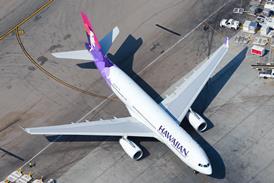
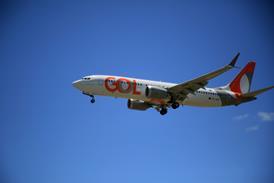
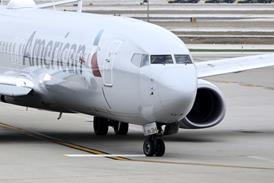
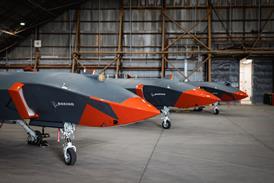
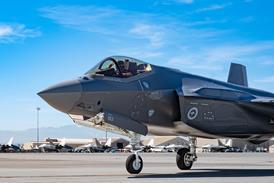
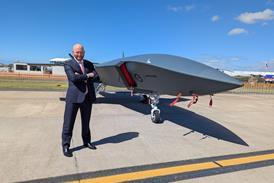










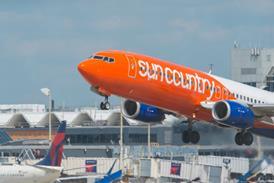
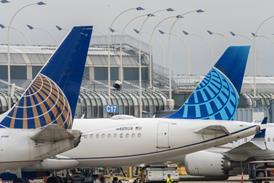




![[Photo] Korean Air K-UAM](https://d3lcr32v2pp4l1.cloudfront.net/Pictures/100x67/7/3/1/101731_photokoreanairkuam_478072.jpg)






















